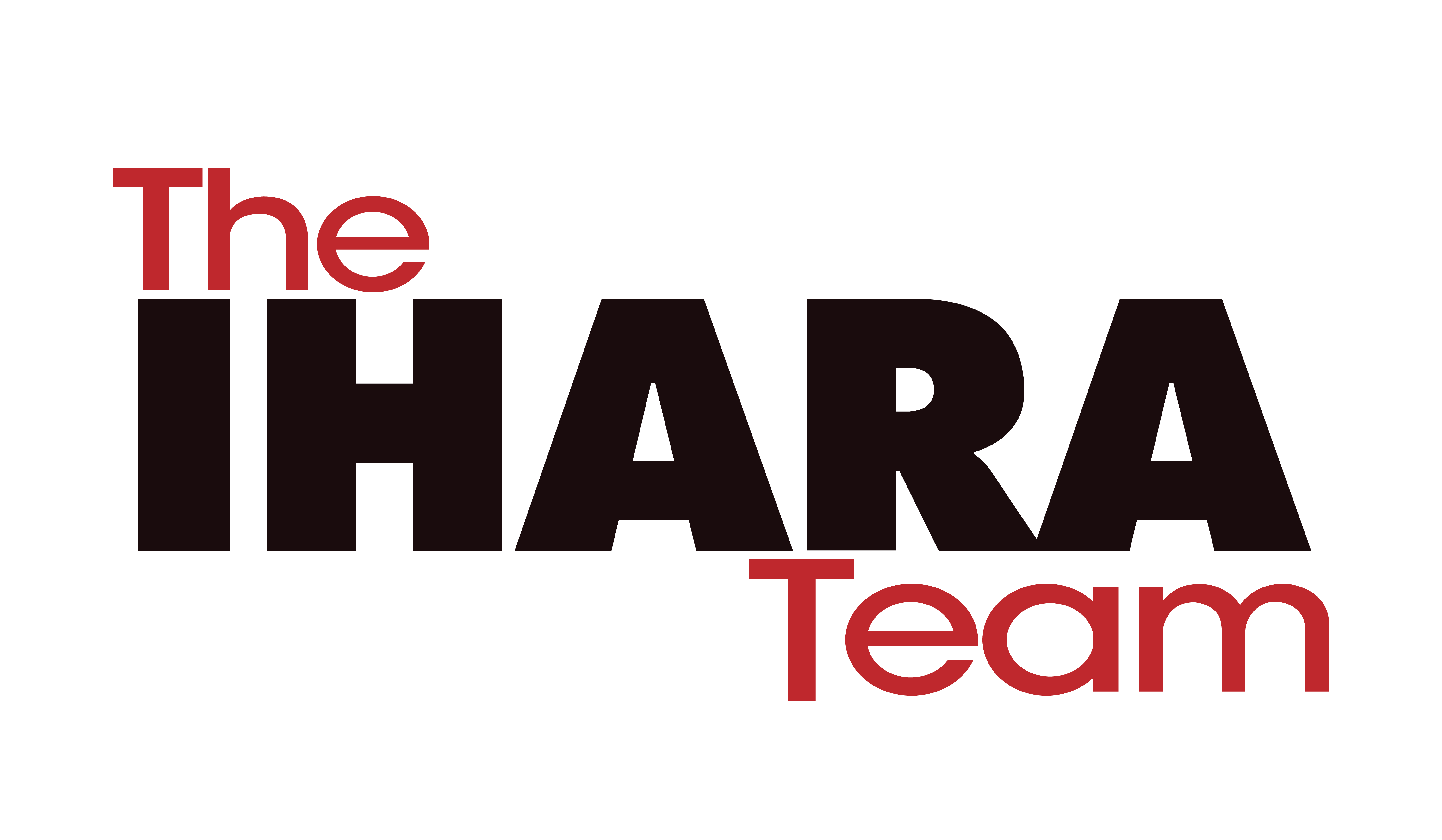Pros and Cons of a 721 upREIT

721 upREIT transactions are not perfect for everyone. While they offer a great alternative to a 1031 exchange, you should consider these pros and cons if you’re considering a 721 upREIT.
Pros
- Keep more cash in hand with tax deferral: This strategy lets you put off capital gains taxes, so you don't have to hand over a chunk of your profits immediately.
- Broaden your portfolio with diversification: Swapping your property for OP units means you're no longer investing in one property. Now, you're part of a bigger pool of investment properties, adding potentially valuable diversification.
- Easy exit with liquidity: Once you've switched to REIT shares through a 721 upREIT, you have more options when selling. These shares are sometimes on the public market, making them simpler to sell if you decide to cash out. In any case, you can sell a portion of your portfolio at a time rather than selling all at once.
- Simplify your estate planning: Compared to dealing with direct real estate, REIT shares are easier to manage when planning your estate. They're simple to split among heirs and liquidate, taking some of the headaches out of estate planning.
- Earn without the effort with passive income: One of the sweetest perks is getting those regular dividends without having to manage any property directly. It's a more hands-off approach to earning from real estate.
Cons
- Watch for market swings with potential for capital loss: Just like any investment, REIT shares can go up and down, which means there's a risk you might not get back what you put in.
- Unexpected tax events with unforeseen capital gains: Sometimes, decisions made by the REIT can lead to taxable events for you. It's a somewhat unpredictable element that could impact your financial planning.
- Legacy assets: Pre-owned properties within the REIT's portfolio may not perform as expected, potentially pulling down your returns.
- Face a higher tax bill with increased tax liability: Dividends from REITs may come with a higher tax rate than other types of investment income, which could mean a larger total tax bill for you.
- Lock-in with loss of flexibility: Once you've made a 721 upREIT, that's it. Your property is now in REIT shares, and you're limited from participating in other tax-deferred real estate moves.
Categories
Recent Posts

How to Protect Yourself in the Buying Process: Understand Your Rights

Escrow: What to Expect and How to Prepare

Making an Offer: Strategies for Success

Home Hunting Made Easy: Simplify Your Search

Getting Preapproved: Understanding Your Budget

Pros and Cons of a 721 upREIT

Hawaii State median sale price movement is mixed

Luxury Living at Honolulu Park Place: The Perfect Oasis in Downtown Honolulu

Hawaii Real Estate Market 2024

Eliminate Capital Gains Tax with a 1031 Exchange
